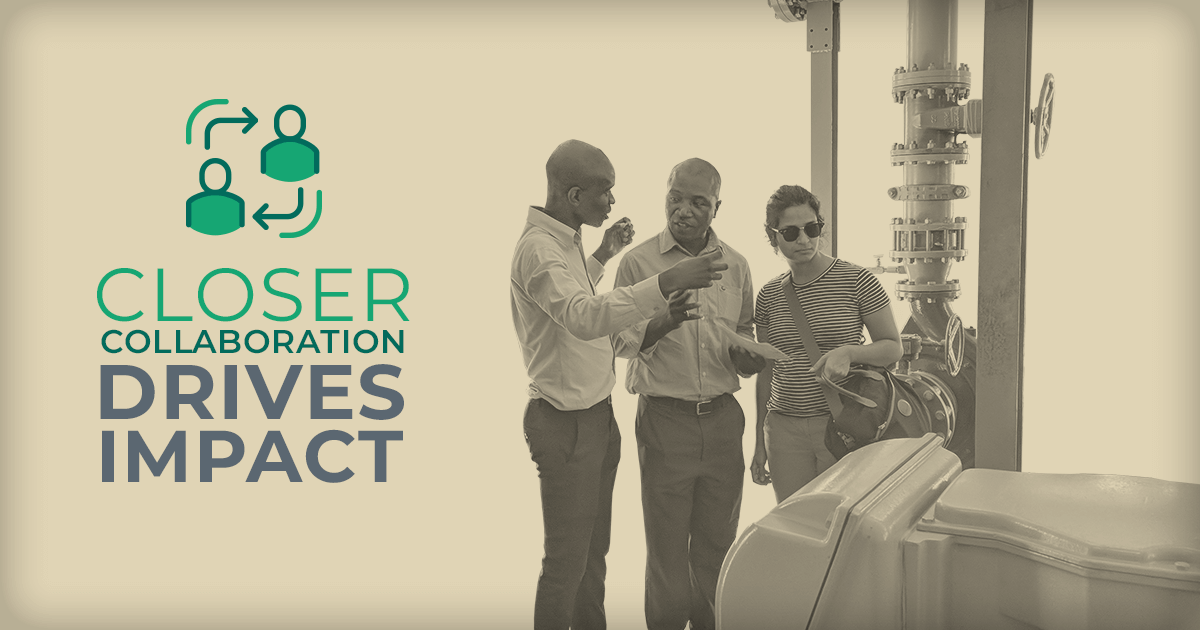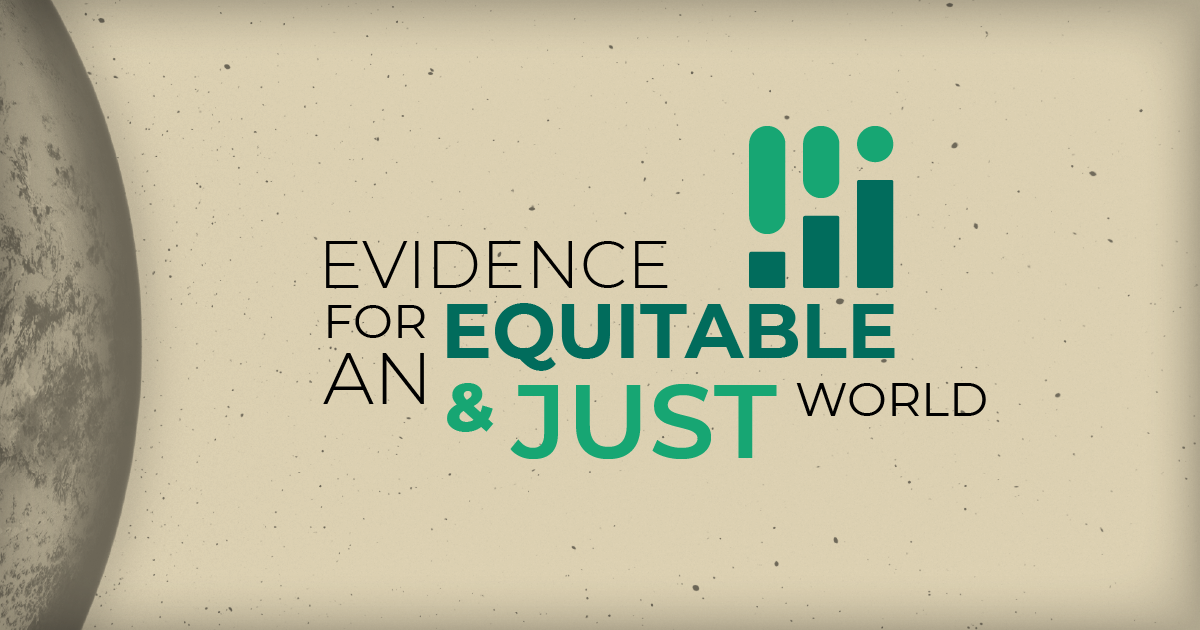When I think of the role that evidence has played in improving public well-being, and how that role will change in the future, I think of the film Moneyball. The Hollywood adaptation of Michael Lewis’s book dramatizes the 2002 season of the Oakland A’s, when the team used statistics to upend conventional wisdom, overcome a comparatively meager budget, and become a playoff contender. The story uses baseball as a lens to explore the idea that even in a multibillion-dollar industry, people can spend decades making misguided business decisions based on subjective beliefs, not evidence. The upshot is that a more empirical approach can help people be more effective and efficient in their market. In Oakland’s case, the team focused narrowly on the statistical performance of players, which led to the acquisition of valuable talent that other teams mistakenly priced too low. The strategy helped the team score more runs and win more games. In the case of Mathematica and the larger evidence-building community, the same approach might mean using data to raise college graduation rates, lower unemployment rates, reduce food insecurity, or improve any number of other measures of well-being.
I see a lot of Mathematica in the Moneyball character played by Jonah Hill. He’s a lover of numbers and spreadsheets who provides novel insights by studying statistical trends and making data-driven recommendations. At the start of the film, he has a narrow role advising the Cleveland baseball team’s front office on drafting and trading decisions. He’s recruited by the Oakland A’s general manager, played by Brad Pitt, to apply the same data-driven approach to the team’s overall strategy. His analysis influences trades, game-time roster decisions, and tactics in the batter’s box. Initially, he enacts change by persuading the general manager to try new approaches. But by the end of the season, he has branched out to players, reviewing video of past at-bats with them and visiting them in the locker room to provide personalized coaching tips based on the data.
If we are to live in a “world in which evidence drives decisions,” which is Mathematica’s aspirational vision for 2035, then those of us in the evidence-building community need to follow the same path as Jonah Hill’s character in Moneyball. We need to work more closely with decision makers to ensure that data make an impact. Of course, in our context, the decision makers we hope to influence aren’t general managers and players in a major league ball club. They could be members of Congress, state or local lawmakers, government or nonprofit executives, teachers, social workers, health care clinicians—anybody in a position to improve public well-being. In some cases, they could be individuals or families who participate in programs.
In many respects, the future of evidence-based decision making is already here. The COVID-19 pandemic has provided a glimpse of what it looks like when timely and relevant evidence drives impact. For example, last summer, the Pennsylvania Department of Education partnered with Mathematica to use agent-based modeling to simulate disease spread under a wide range of scenarios. This partnership led to science-based guidance on how to safely resume in-person learning with minimal disruptions during the 2020–2021 school year. Information from the modeling exercise reached school leaders and communities as they wrestled with difficult choices about whether and how to reopen classes. In the fall of 2020, the University of California San Diego (UCSD) engaged Mathematica to run a similar analysis to inform its Return to Learn campus reopening strategy. This approach helped UCSD become one of the few colleges in the nation last year with low rates of infection and a large student body on campus.
Even before the pandemic, we had been working to close the gap between data and decision makers. That’s one of the reasons we changed our name in 2019 from Mathematica Policy Research to Mathematica. We continue to conduct research, but we also contribute to the evidence base on what works by other means. For example, we’re working with the Office of Planning, Research, and Evaluation at the U.S. Department of Health and Human Services to provide technical assistance to state and local organizations that seek to prevent homelessness among older youth who have been involved with the child welfare system. Based on our experience conducting evaluations, we can help them use data and develop distinct comprehensive service models that they can evaluate.
We’re also helping state and county human services agencies pilot evidence-informed practices that they can test, tweak, and test again through a cycle of continuous improvement, before ever adopting a new intervention at scale. And by developing interactive dashboards on youth unemployment, disability prevalence and related program participation by state and locality, and teacher diversity, we’re creating free online resources that democratize data and empower a range of users—beyond just our clients on specific projects—to benefit from the evidence.
Users of our data and research aren’t only in the public sector. Recent publications from Mathematica include research for a foundation on the worsening shortage of health workers in California, research for a medical device company on how converting to multifunction ventilators in an acute care facility affected oxygen use and cost, and research for a federal agency on how state and local human services programs are implementing strategies to engage fathers. As these examples illustrate, if we want to drive improvements in public well-being, we’ll need to bring evidence to decision makers at a range of public and private organizations.
Although the concept of working in closer proximity to decision makers isn’t new, it’s not yet the norm either. At the end of Moneyball, the surprising success of the Oakland A’s motivates other team owners to reexamine long-held beliefs about how to win in baseball. The innovations in Oakland spread and revolutionize the game. With the current implementation of the Foundations for Evidence Based Policymaking Act and the recent Biden administration memorandum on restoring trust in government through scientific integrity and evidence-based policymaking, my hope is that we’re witnessing the beginning of a similar revolution in policies and programs that can help people lead happier, healthier, more productive lives.



